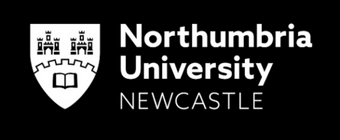With a strong focus on your employability, our English Language degree gets you thinking in a sophisticated way about how language can be interpreted and used to understand human behaviour, psychology, and society.
This approach has led us to achieving a 100% student satisfaction rate (NSS, 2022).
Language and communication is an integral part of our everyday lives. This course opens windows onto the rich variety of linguistics study, from animal communication and theories of politeness to the evolution of English across the globe. Throughout, we emphasize that mastering the study of language can open many doors for you into the world of work.














